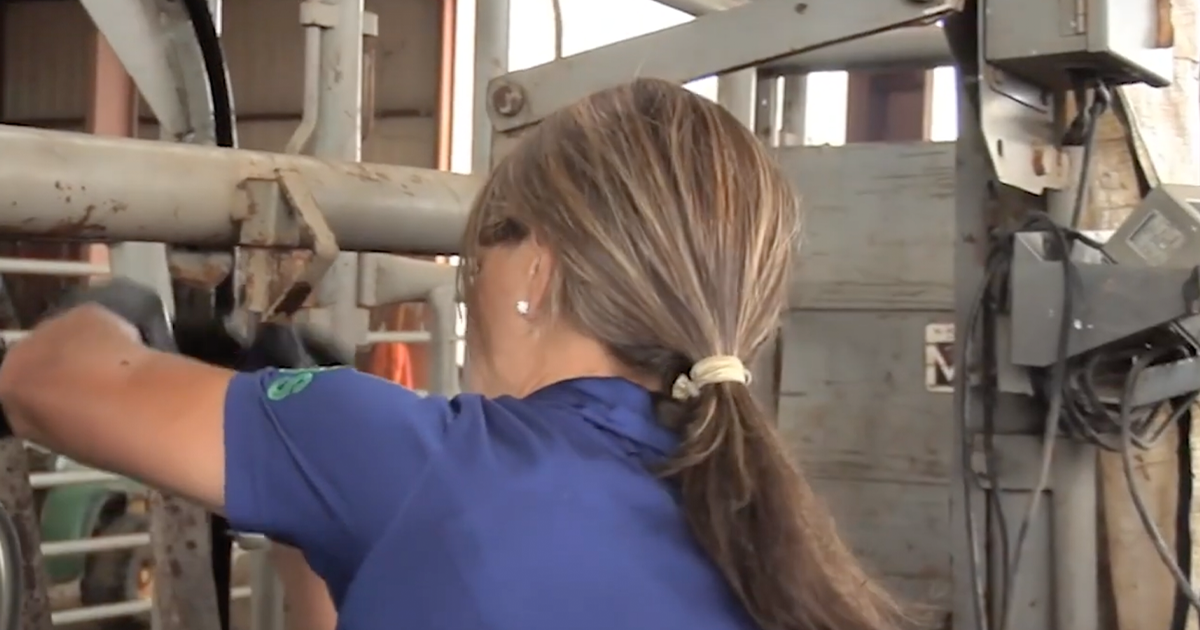Atlanta, GA |
For Georgia’s livestock producers, veterinary care isn’t a luxury—it’s essential. Yet as the number of large animal veterinarians continues to dwindle in rural areas, lawmakers are stepping in with a plan to help fill the gap. That effort is House Bill 172, a piece of legislation designed to strengthen an existing loan repayment program and make rural veterinary work a more accessible and sustainable career choice.
“Certainly there’s a recognized shortage of veterinarians, especially large animal vets in rural Georgia,” says Keri Riddick, Executive Director of the Georgia Veterinary Medical Association. “This bill is going to help incentivize veterinarians, especially those that have graduated less than ten years ago. Hopefully, we’ll see more of them coming into rural communities to practice food animal medicine and help out our producers and farmers.”
Currently, the program only covers one year of service at a time, requiring veterinarians to reapply annually. But thanks to HB 172, that’s about to change. Representative David Huddleston, who sponsored the bill, says extending the term to three years will help eliminate unnecessary barriers while encouraging long-term commitment to rural communities.
“It is an existing program right now, but basically it’s a one-year program that you have to reapply for each and every year afterwards,” explains Huddleston. “So what we want to do is take it from a one year to three year. You wouldn’t have to reapply—you’d just certify your area of work. And we also expanded the eligible communities from those with populations of 30,000 and below to 50,000 and below using 2020 census data. That change adds 118 additional counties that veterinarians can now serve.”
Under the revised program, veterinarians would commit to working in designated rural areas for three consecutive years—a move Huddleston believes could help solve the root issue.
“By going to three years, hopefully we get these individuals to serve in rural communities—and if they stay there for that time, they’ll often put roots down and make it their home,” he says. “That’s really what we’re hoping to see.”
One of the biggest roadblocks to rural veterinary careers is student debt. With average veterinary school loans ranging from $180,000 to $185,000, Riddick says financial pressures often push young professionals toward more lucrative urban positions.
“Veterinarians, regardless of what type of medicine they go into, often have significant student debt. And if you’re moving into a rural area, you don’t always have the same salary or bonus programs that urban practices can offer,” Riddick explains. “Creating a financial incentive to move into these amazing communities—it’s a lifestyle choice. But they still need to be able to pay off their loans. Over the course of three years, this bill allows for repayment of up to $100,000 in student debt, which can certainly help.”
For Georgia’s farmers, the bill represents more than just financial aid for veterinarians—it’s a lifeline that could ensure quality care for the animals they depend on every day.

